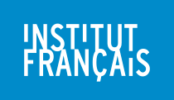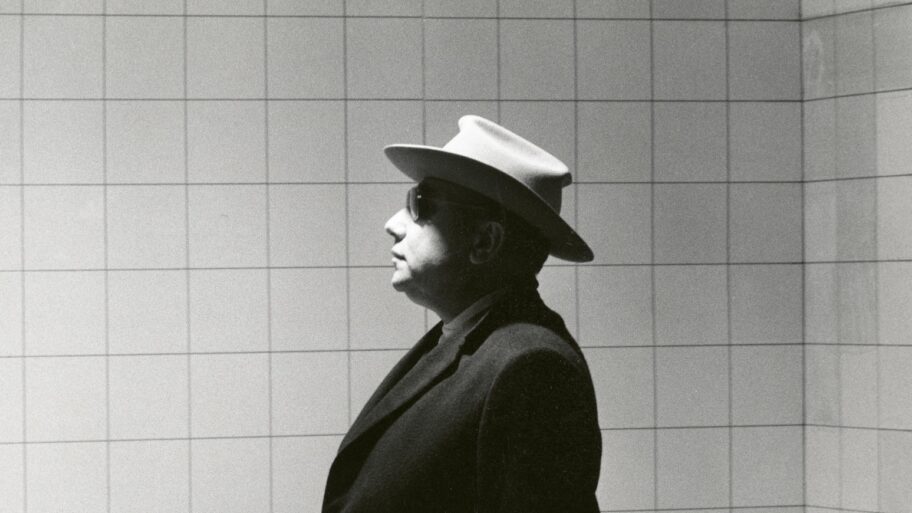August 1–21, 2019
Jean-Pierre Melville: Master of French Noir
Jean-Pierre Melville (1917−1973), “godfather of the French crime film” (Christina Newland, Sight & Sound), carries considerable more clout today than ever before. In part, that’s because a coterie of hip, postmodern directors – Quentin Tarantino, John Woo, Jim Jarmusch, Nicolas Winding Refn – have, over the years, sung his praise and acknowledged his imprint on their pastiche-laden genre films. But in larger, simpler part, it’s because North American audiences finally have access to his historically unavailable works, following decades of the nouvelle vague dominating the conversation on – and distribution of – postwar French cinema on our shores. (The irony, of course, is that Melville, a friend and mentor to the nascent New Wave, whose 1956 indie Bob le flambeur anticipated the aesthetic and Americanophilia of their earliest efforts, was internationally sidelined by their colossal success in the 1960s.)
Born Jean-Pierre Grumbach, Melville adopted the alias “Melville” (a nod to American literary icon Herman Melville) as his nom de guerre in the French Resistance – an experience palpably mined for his trio of remarkable WWII-set films. A devotee of Hollywood gangster movies of the ’30s and ’40s, the fighter-turned-filmmaker became synonymous with a self-made brand of stylishly minimalistic, hard-boiled noir thrillers that modernized, mythologized, and, with the added mileage of icons Alain Delon and Jean-Paul Belmondo, thoroughly Francophied their American counterparts. As in Le Samouraï, easily Melville’s most known and name-checked film, these diamond-cut tales of cool criminality take place in nocturnal underworlds inhabited by silent, stoic anti-heroes who live (and die) by personal codes of honour, loyalty, and sacrifice. Trench coats, fedoras, cigarettes, and side-arms – i.e., the currency of American noir – are in bottomless supply; so too is an existential alienation of a delectably Gallic persuasion.
Running in parallel with Film Noir 2019, The Cinematheque presents its first ever retrospective on Jean-Pierre Melville, master of French noir. Of the half-dozen films on offer, four fit squarely into our noir season; the other two, set in Nazi occupied France — Léon Morin, Priest (1961) and Army of Shadows (1969) — flesh out the breadth of the auteur’s thematic concerns while, in the latter case, demonstrating the versatility of his neo-noir approach. With the exception of Le Samouraï, screening from an imported 35mm print, all films will be presented in stunning digital restorations created for Melville’s centenary in 2017.
Joint Opening Night: Film Noir + Jean-Pierre Melville: Master of French NoirThursday, August 1
6:00 pm – Reception + Refreshments
7:00 pm – Detour (Film Noir)
8:40 pm – Le Samouraï (Jean-Pierre Melville: Master of French Noir)
Opening Night will feature complimentary wine and cheese generously provided by the Consulate General of France in Vancouver.
Acknowledgments
The Cinematheque is grateful to Anthony Lahaye and Etienne Farreyre, Consulate General of France in Vancouver, and the Institut français for their assistance in making this retrospective possible.


Media
List of Programmed Films
| Date | Film Title | Director(s) | Year | Country |
|---|---|---|---|---|
| 2019-Aug | Le Samouraï | Jean-Pierre Melville | 1967 | France . . . |
| 2019-Aug | Bob le flambeur | Jean-Pierre Melville | 1956 | France |
| 2019-Aug | Le doulos | Jean-Pierre Melville | 1962 | France |
| 2019-Aug | Army of Shadows | Jean-Pierre Melville | 1969 | France . . . |
| 2019-Aug | Le cercle rouge | Jean-Pierre Melville | 1970 | France . . . |
| 2019-Aug | Léon Morin, Priest | Jean-Pierre Melville | 1961 | France . . . |
